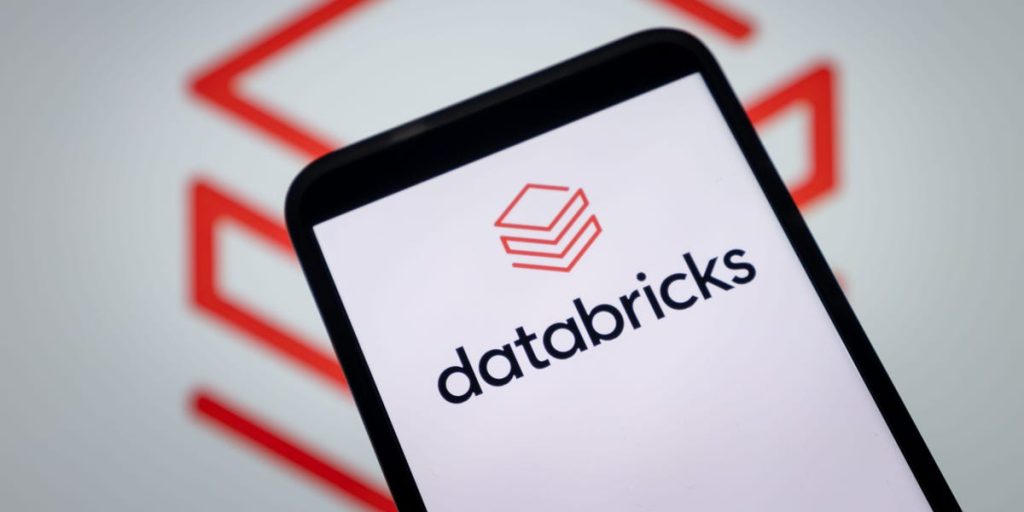Young people in AI have multimillion-dollar contract FOMO.
The market for young AI talent is hot. Foundation model companies are poaching each other’s most impressive AI researchers, while founders are cashing in on an eager venture capital space.
For young people, the message is: There’s more money to be made. That mentality can be a challenge for the next generation, Databricks CEO Ali Ghodsi said on Andreessen Horowitz’s YouTube channel.
“I feel bad for the kids right now because there’s too much pressure on them,” Ghodsi said. “It’s crazy times.”
Ghodsi said that, a few years ago, interns would ask him how to succeed within the company. These days, the questions are different.
He listed the questions they ask now instead: “When should I become a CEO? When should I start my own company? What’s a good valuation? Am I missing out if I do an internship here for three months at Databricks? Will I have wasted my opportunity in life?”
The threat of looming AGI — artificial general intelligence, when AI can perform complex, human-level tasks — makes young people even more on edge. “This is the time for AGI, and I could have been one of the guys that does superintelligence,” Ghodsi said of young people’s thinking.
Indeed, young people are scoring big in the AI boom. A “youthquake” has ruptured the startup scene, where founders in their 20s and late teens build multimillion-dollar AI companies. Those founders can face big paydays: Alexandr Wang, who cofounded Scale AI, leveled up to Meta’s chief AI officer. He’s 28.
Related stories
Other talent is poached between companies with high-paying contracts. Ghodsi said that these figures may be overhyped. “I don’t think anyone’s getting $100 million offers,” he said.
Ghodsi said that it was “in the interest of CEOs” to say that employees had been approached with massive salary offers but turned them down. That “sets the bar,” he said, and employees who are offered half of that big number “feel really insulted.”
The money fever may also change where young talent works. While bigger firms like Databricks, recently valued at $62 billion and with some 10,000 employees, can afford to pay well, smaller startups can’t.
These smaller startups have two strategies to secure talented young people, Ghodsi said: Show them how lucrative the company will be, and reassure them that they don’t need to be swept up in the boom.
“We were smaller at some point, well then it’s about talking about how big you are going to get and what the opportunity is and what you could do together,” Ghodsi said.
People early in their career want to “learn” and “have impact,” he said. Demonstrating this to young talent might give a startup an edge.
“You can calm them down a little bit and tell them, ‘Hey, you have a few decades. Don’t worry about it,'” Ghodsi said. “They feel good about it.”


